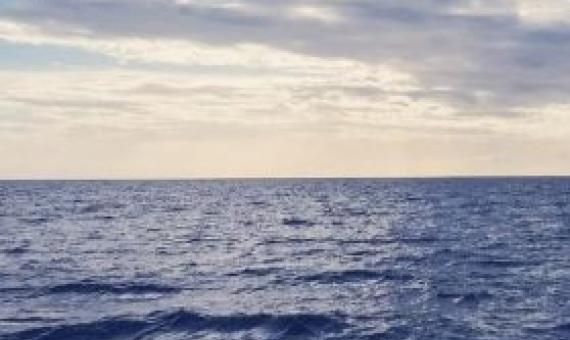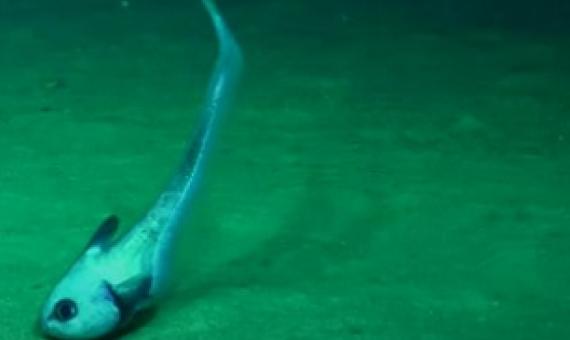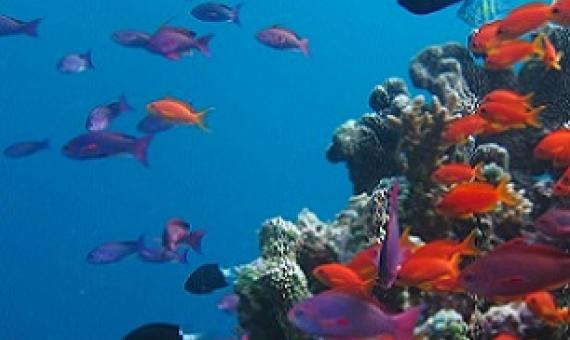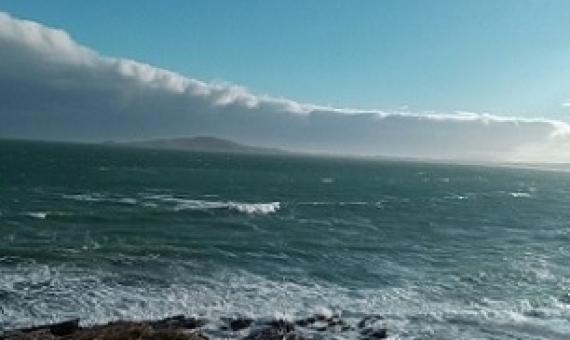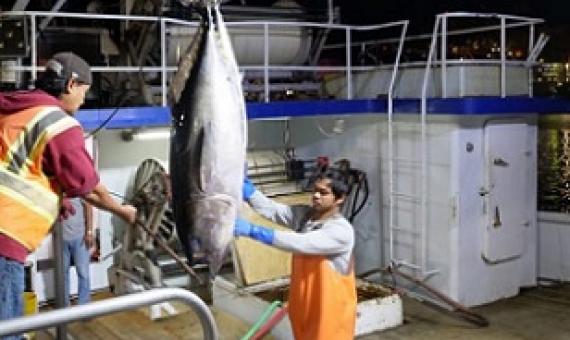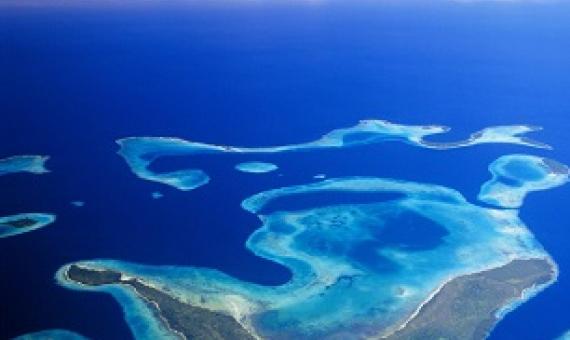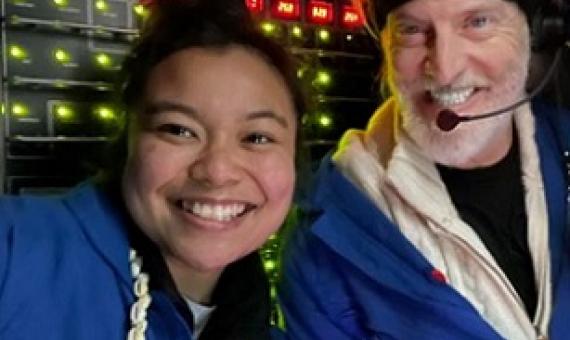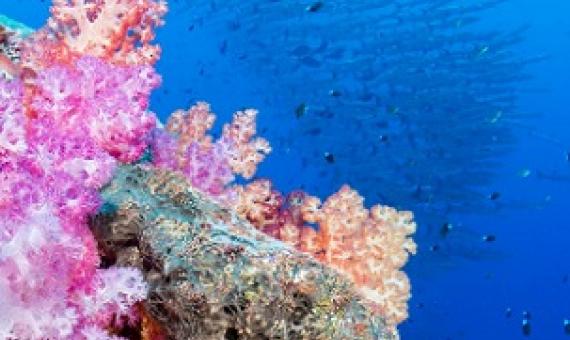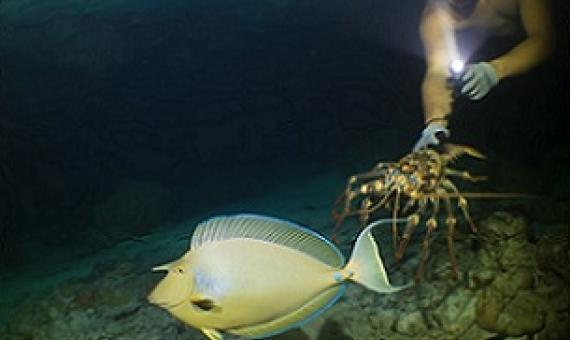As we enter what's hopefully the home stretch of the COVID-19 pandemic, it's time to take stock of how it affected every aspect of our world, to consider what happened, what could be done different to avoid those problems in the future, and what's next.
Between the sunlit shallow waters of Australia's northern coastline and the darkest depths of the ocean floor lies a world between worlds — mesophotic coral ecosystems that could hold new information on reef conservation.
The UK is to become the first country to pioneer a major network of underwater camera rigs, funding the world’s largest ocean wildlife monitoring system to help protect life below water.
A rāhui has officially been enacted today to help protect the Foveaux Strait oyster fishery from the potential spread of a deadly parasite. Dr Catherine Duthie from Biosecurity New Zealand explains what happens now.
Before a piece of tuna sashimi is presented to a diner, or a can of albacore makes its way to a sandwich, the fish must be caught and taken to market, ideally according to rules regarding where, when and how much fish can be taken from the water.
Days after taking office, President Joe Biden signed a sweeping new executive order to conserve 30% of the nation’s total land area and 30% of all waters it controls by 2030.
Tongan officials expect to take the country’s Ocean Plan to cabinet this year after the initial plan was postponed. Having had nation-wide consultations in 2018 and 2019, the Tonga Ocean 7 team had hoped to finalise the plan in 2020.
A PhD student from the Federated States of Micronesia has become the first person from her nation and one of the first in the world to explore the ocean floor in the southern end of the Marianas Trench. Nicole Yamase, a PhD candidate in the University of Hawaii's Marine Biology Graduate Prog
In 2015, palau, a nation of more than 300 coral and volcanic islands in the western Pacific Ocean, expanded on decades of marine conservation to create a 193,000-square-mile protected area encompassing an extraordinary 80% of its ocean waters.
A recent confrontation between a Government MP and a Rarotonga market stall operator over the harvesting of Avake (sea urchin) has revived calls to give traditional conservation practices greater authority by incorporating them into law.

